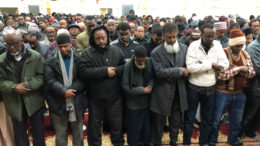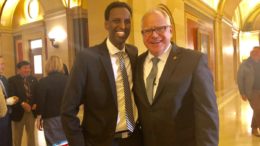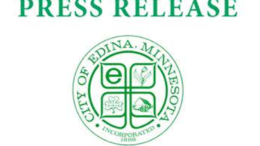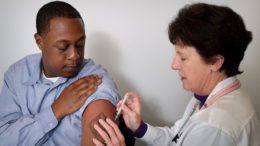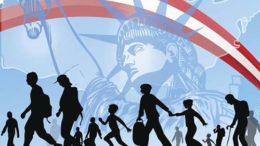Mental Health issues in the Somali community
he challenges facing Somali immigrants and refugees in the Twin Cities are complex and their needs are great. Besides facing enormous cultural and language differences, African immigrants and refugees contend with racism, often have limited literacy skills, and hold jobs where they barely earn minimum wage and have difficulty providing for their families. Clinical studies show that rates of Post-Traumatic Stress Disorder (PTSD) among immigrant and refugee populations range from 39 percent and 100 percent (compared with 1 percent in the general population) while rates of depression range between 47 and 72 percent.1 The impact of war trauma, social isolation and change in social status make acculturation difficult. These have a significant impact on psychosocial adjustment. In order to best respond to the needs of Somali clients, it is important to understand their unique experiences and circumstances. Impact of War Trauma The U.S. Surgeon General’s report Mental Health: Culture, Race, Ethnicity – Supplement highlighted the overwhelming burden of mental illness that racial and ethnic minorities face compared to their white counterparts.2 Immigrants and refugees often have encountered additional stressful events that contribute to mental illness or adjustment problems. Immigrants and refugees experience multiple losses including loss of homeland loss of loved ones. Immigrants, and…

